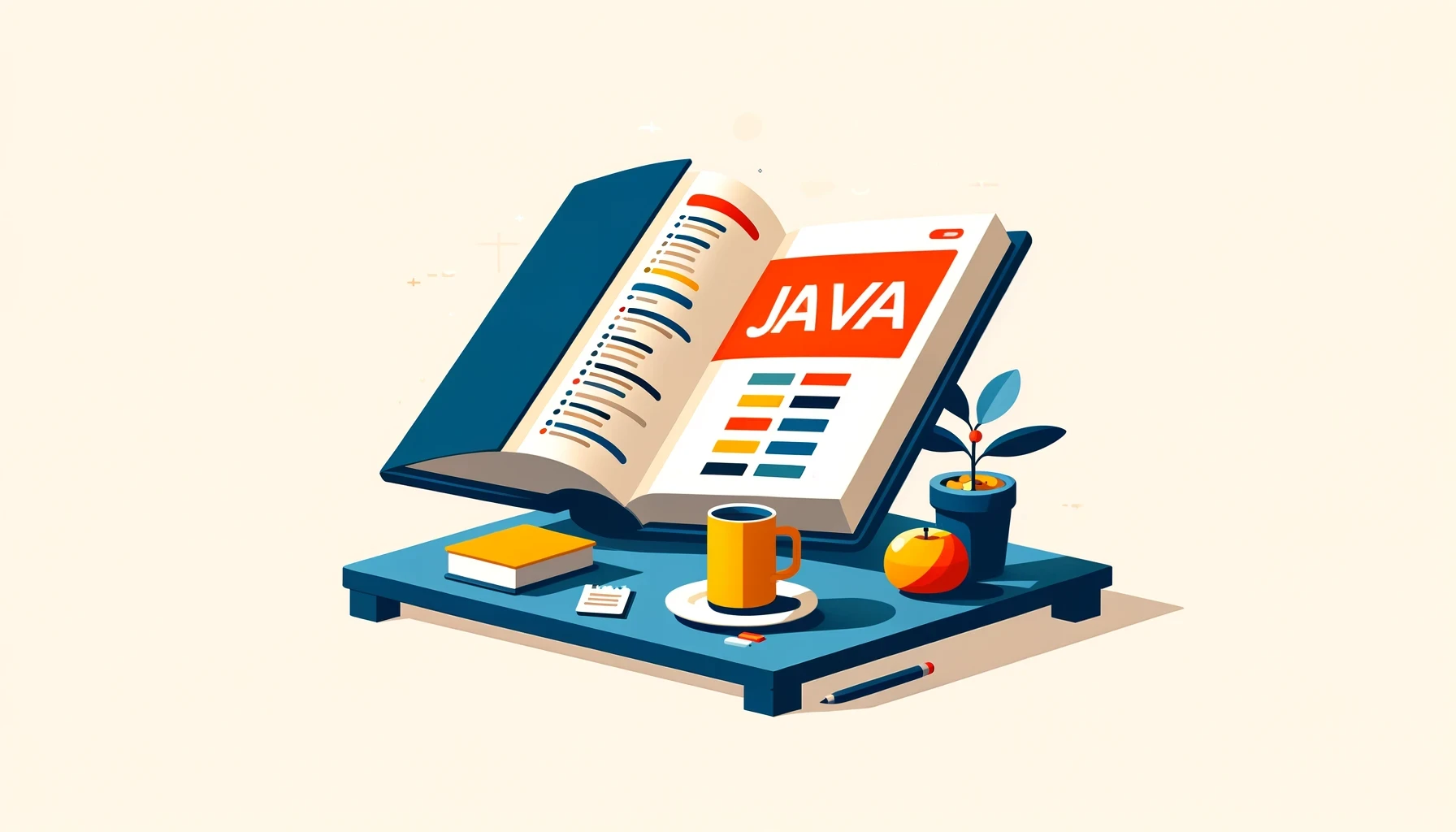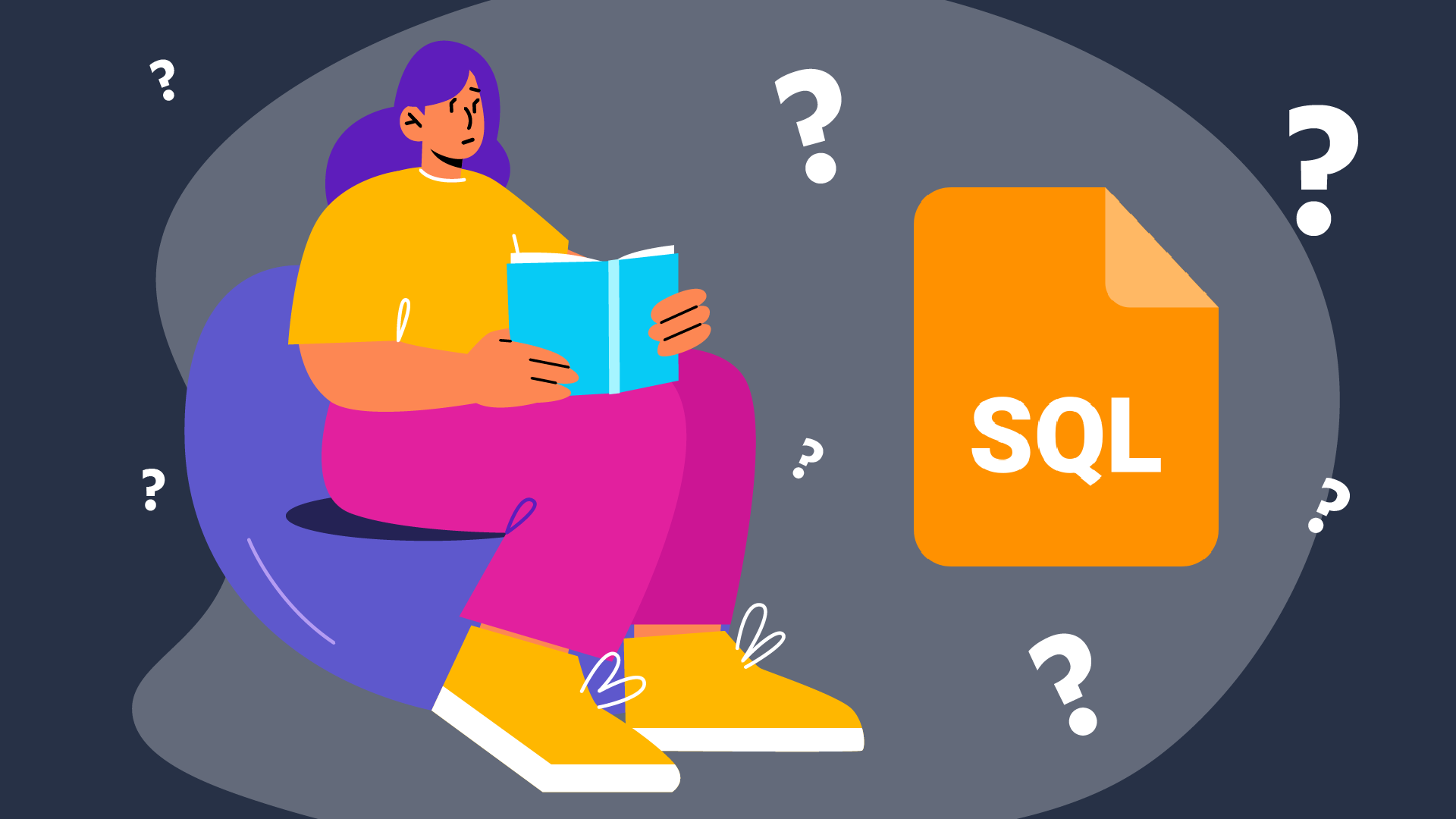Related courses
See All CoursesIntermediate
Flask Intensive Course: Web Development with Python
You will face 100% hands-on practice and complete the project by the end of the course. This course is perfect for those who have never worked with Flask before. You will acquire the expertise to effectively utilize Flask for your project development needs. You will embark on a journey to create your initial application, mastering the fundamentals, and progressively enhancing your project to unlock its full potential. I will guide you step-by-step during the course.
Intermediate
Django: Build Your First Website
This exciting course is designed for those who aspire to learn web development and create their own website using the powerful Django framework with the Python programming language. From the basics to advanced functionalities, the course offers everything you need to successfully launch your first web project.
Advanced
Professional Web API with Flask
This meticulously crafted course takes you from the foundational principles of APIs and REST, through the complexities of database relationships and schema management, to the intricacies of endpoint creation, authentication, and deployment. With a hands-on approach, you'll master Flask, SQLAlchemy, Flask-Smorest, and JWT authentication, culminating in a fully functional, secure, and deployable web API. Whether you're a beginner eager to dive into the world of web development or a seasoned programmer looking to refine your skills, this course offers a comprehensive, engaging, and practical learning experience, setting you up for professional success.
Exploring the World of Web APIs
REST, SOAP, and GraphQL

Imagine you're at a restaurant. The kitchen is the server where all the magic happens, and you, the customer, are like the client application (like a web browser or a mobile app). Now, how do you get what you want from the kitchen? That's where APIs come in! Web APIs are like the waiters who take your order, communicate with the kitchen, and bring back your food. In the digital world, they help different pieces of software talk to each other. Let's dive into the three popular types of Web APIs: REST, SOAP, and GraphQL.
REST APIs: The Friendly Waiter
REST APIs are like a friendly waiter. They're easy to talk to and understand. They use HTTP requests (like the way you use words to order food) to access and use data. Since they are stateless, like a waiter who doesn't remember your past orders, they don't store information between requests. This means every time you ask for something, it's like a new conversation.
Advantages:
- Simplicity: Just like a straightforward menu, REST APIs are easy to work with.
- Scalability: They can handle lots of orders (or data requests) at once.
Drawbacks:
- Statelessness: Sometimes, remembering past interactions (state) can be useful, but REST APIs can't do that.
- Over-fetching/Under-fetching: It's like getting a fixed meal combo when you only want a part of it or need more.
Run Code from Your Browser - No Installation Required

SOAP APIs: The Formal Waiter
SOAP APIs are like a waiter in a very fancy, formal restaurant. They follow strict rules (protocols) and are more standardized. This makes them like a highly secure, fancy dining experience, preferred for important business dinners (or enterprise-level applications).
Advantages:
- Security: Just like a restaurant with top-notch security, SOAP APIs are very secure.
- Standardization: They follow strict rules, ensuring a consistent experience.
Drawbacks:
- Complexity: It can be like reading a complicated menu in a foreign language.
- Heavier: They need more resources, like a waiter carrying a heavy silver platter.
GraphQL APIs: The Personal Chef
GraphQL APIs are like having a personal chef. You tell them exactly what you want, and they make it for you. Unlike REST or SOAP, where the menu is fixed, GraphQL lets you request only the data you need, making it super efficient.
Advantages:
- Efficiency: Get exactly what you want, no more, no less.
- Flexibility: Like a chef who can cook anything, GraphQL can handle many different data requests.
Drawbacks:
- Complexity for Developers: The chef (developer) needs to know how to prepare a wide range of dishes (data).
- Performance Issues: Sometimes, preparing a very custom order can take longer.
Conclusion
Web APIs, whether they're REST, SOAP, or GraphQL, act as the vital link between the kitchen (server) and the diner (client application). Each has its unique style and purpose, much like different types of waiters in a restaurant. REST is simple and versatile, SOAP is secure and standardized, and GraphQL is efficient and customizable. Understanding these can help you appreciate how the digital world orders and serves up the data we use every day!
Start Learning Coding today and boost your Career Potential

FAQ
Q: What is a Web API?
A: A Web API is like a waiter in a restaurant, but for the internet. It helps two different software applications talk to each other, like a web server and a web browser.
Q: Why are REST APIs compared to a friendly waiter?
A: REST APIs are simple and easy to use, much like a friendly waiter who takes your order and brings you what you ask for without remembering your past orders.
Q: Can REST APIs remember previous interactions?
A: No, REST APIs are stateless, which means they don't remember previous interactions. Every request is treated as new.
Q: Why are SOAP APIs like a waiter in a formal restaurant?
A: SOAP APIs are more complex and follow strict rules, similar to a waiter in a formal, upscale restaurant. They are also known for high security, making them suitable for important tasks.
Q: What makes GraphQL APIs unique?
A: GraphQL APIs are like having a personal chef. They allow you to ask for exactly what you want, making them more efficient as you don’t get unnecessary data.
Q: Are GraphQL APIs always better than REST or SOAP?
A: Not necessarily. While GraphQL offers more flexibility and efficiency in some cases, it can be more complex for developers and might have performance issues for certain requests.
Q: When should I use a REST API?
A: Use a REST API when you need a straightforward, scalable solution that is easy to implement and understand.
Q: In what situations is a SOAP API the best choice?
A: SOAP APIs are best for enterprise-level applications where security and strict standards are a priority.
Q: Can I use both REST and GraphQL APIs in the same project?
A: Yes, you can use both in the same project, depending on the specific needs of different parts of your application.
Q: Are there any drawbacks to using Web APIs?
A: The main drawbacks depend on the type of API: REST APIs can lead to over-fetching or under-fetching data, SOAP APIs can be complex and heavy on resources, and GraphQL APIs can be challenging for developers and occasionally slower for complex queries.
Related courses
See All CoursesIntermediate
Flask Intensive Course: Web Development with Python
You will face 100% hands-on practice and complete the project by the end of the course. This course is perfect for those who have never worked with Flask before. You will acquire the expertise to effectively utilize Flask for your project development needs. You will embark on a journey to create your initial application, mastering the fundamentals, and progressively enhancing your project to unlock its full potential. I will guide you step-by-step during the course.
Intermediate
Django: Build Your First Website
This exciting course is designed for those who aspire to learn web development and create their own website using the powerful Django framework with the Python programming language. From the basics to advanced functionalities, the course offers everything you need to successfully launch your first web project.
Advanced
Professional Web API with Flask
This meticulously crafted course takes you from the foundational principles of APIs and REST, through the complexities of database relationships and schema management, to the intricacies of endpoint creation, authentication, and deployment. With a hands-on approach, you'll master Flask, SQLAlchemy, Flask-Smorest, and JWT authentication, culminating in a fully functional, secure, and deployable web API. Whether you're a beginner eager to dive into the world of web development or a seasoned programmer looking to refine your skills, this course offers a comprehensive, engaging, and practical learning experience, setting you up for professional success.
The 80 Top Java Interview Questions and Answers
Key Points to Consider When Preparing for an Interview
by Daniil Lypenets
Full Stack Developer
Apr, 2024・30 min read

The 50 Top SQL Interview Questions and Answers
For Junior and Middle Developers
by Oleh Lohvyn
Backend Developer
Apr, 2024・31 min read

The SOLID Principles in Software Development
The SOLID Principles Overview
by Anastasiia Tsurkan
Backend Developer
Nov, 2023・8 min read

Content of this article